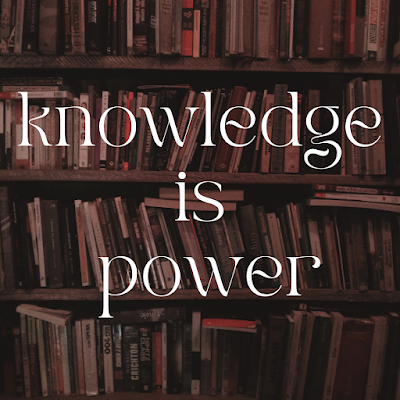Essay On Education
Education is the process of getting the information, abilities, values, beliefs, and attitudes that help people develop their personalities and lead fulfilling lives. It is crucial to human growth because it gives people the knowledge and resources they need to understand and navigate their surroundings. From the moment a child is born until the end of their lives, education is a continual process.
The Importance of Education:
Education is essential for a person's growth both professionally and personally. It gives people the knowledge and abilities needed to realize their dreams and goals. People can improve their capacity for critical thought and problem-solving by receiving the necessary education. Also, it fosters the growth of people's interpersonal, social, and communication skills.
Also, education has a major impact on the growth and expansion of a nation's economy. A nation must have an educated populace in order to develop economically since it makes it easier for people to find well-paying employment and helps different businesses grow. Since it gives people the chance to raise their standard of life and build a better future for themselves and their families, education is essential in reducing poverty and inequality.
Types of Education:
Education can be broadly classified into formal, non-formal, and informal education.
The learning offered by schools, colleges, and universities is referred to as formal education. It is delivered in accordance with a learning program by qualified experts. The most traditional and well-known type of education, formal education is crucial for a person's academic and professional development.
Education provided outside of the regular educational system is referred to as non-formal education. Programs for adult learning, career development, and community-based initiatives are all included. Typically, non-formal education is created to meet the unique needs of those who haven't had access to traditional education.
Informal education is the name given to the knowledge that people pick up via their regular activities, such as reading, watching, and interacting with others. People can learn knowledge and skills through a variety of sources, including books, newspapers, television, as well as the internet, in informal learning, which is neither organized nor planned.
Challenges in Education:
Although education has numerous advantages, several obstacles still prevent it from being accessible and of high quality. Lack of access to education, particularly in developing nations, is one of the main issues. The lack of basic education for so many youngsters in these countries limits their chances both for personal and professional development.
The standard of education offered in many nations is yet another problem. Although education may be widely available, its quality may be poor, which restricts a person's capacity to gain the knowledge and skills needed to thrive in life.
A key difficulty that many people encounter, especially in developed nations, is the rising cost of schooling. Most people find it difficult to afford higher education, which restricts the chances for both personal and professional advancement. Education costs have been increasing at an alarming pace.
The Role of Technology in Education:
In recent times, technology has significantly altered how education is delivered. Education has become easier to acquire and more engaging as a result of the increasing availability of digital tools and materials. People can now obtain top-notch education from anywhere in the world thanks to online learning platforms like Coursera and Udemy.
Also, technology has enabled teachers to offer lessons in unique and interesting ways. Teachers can design interactive learning experiences that improve students' comprehension and retention of concepts by using multimedia tools like movies and online simulations.
The Future of Education:
Significant changes and improvements are anticipated to characterize the future of education. Education is anticipated to become increasingly individualized and flexible as a result of the growing adoption of technology and the evolving nature of the workplace. As technology continues to make it possible to give education remotely, education is also likely to become more accessible, especially in underdeveloped nations.

